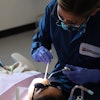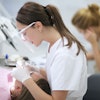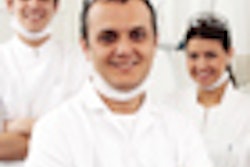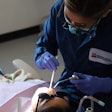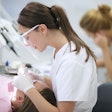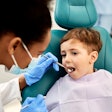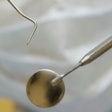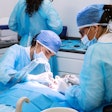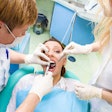
With regard to the recent summary report by DrBicuspid.com on our studies of the financial impact of dental therapists employed in federally qualified health center (FQHC) dental clinics and private practices (Journal of Dental Education, August 2012, Vol. 76:8, pp. 1061-1067), a few misstatements need to be corrected:
The studies were not based on theoretical models of the care provided by dental therapists. We used actual service data from FQHC dental clinics and private practices and assigned dental therapists all the restorative care, pulp caps, and extractions they are legally able to provide in Minnesota. Thus, the study gives "an upper boundary estimate" of the potential financial savings using dental therapists. Under these ideal conditions the savings were very modest (about 5%). The actual savings are likely to be substantially less.
Although dental therapists can provide some dental hygiene services (e.g., fluoride varnish, sealants), we estimated their financial impact just on services dental therapists can uniquely provide. Clearly, there are no additional savings having dental therapists providing services now done by dental hygienists.
FQHC dental clinics in Connecticut now care for thousands of low-income children in public schools, using portable equipment and temporary space. Dental hygienists do a screening examination and provide preventive services; dentists provide restorative care. The potential savings from substituting dental therapists for dentists in FQHC operated school-based programs is still only 5%. To reduce access disparities, the key issue is the use of schools to deliver care to low-income children and not the employment of dental therapists.
Connecticut FQHCs take responsibility for providing care to all low-income eligible school children and not just those (about 35%) who need restorative care.
We hope these comments clarify any misunderstandings.
Howard Bailit, DMD, PhD, is a professor emeritus of the department of community medicine and health care at the University of Connecticut Health Center. Tryfon Beazoglou, PhD, is a professor in the department of craniofacial sciences at the School of Dental Medicine at the University of Connecticut Health Center.

